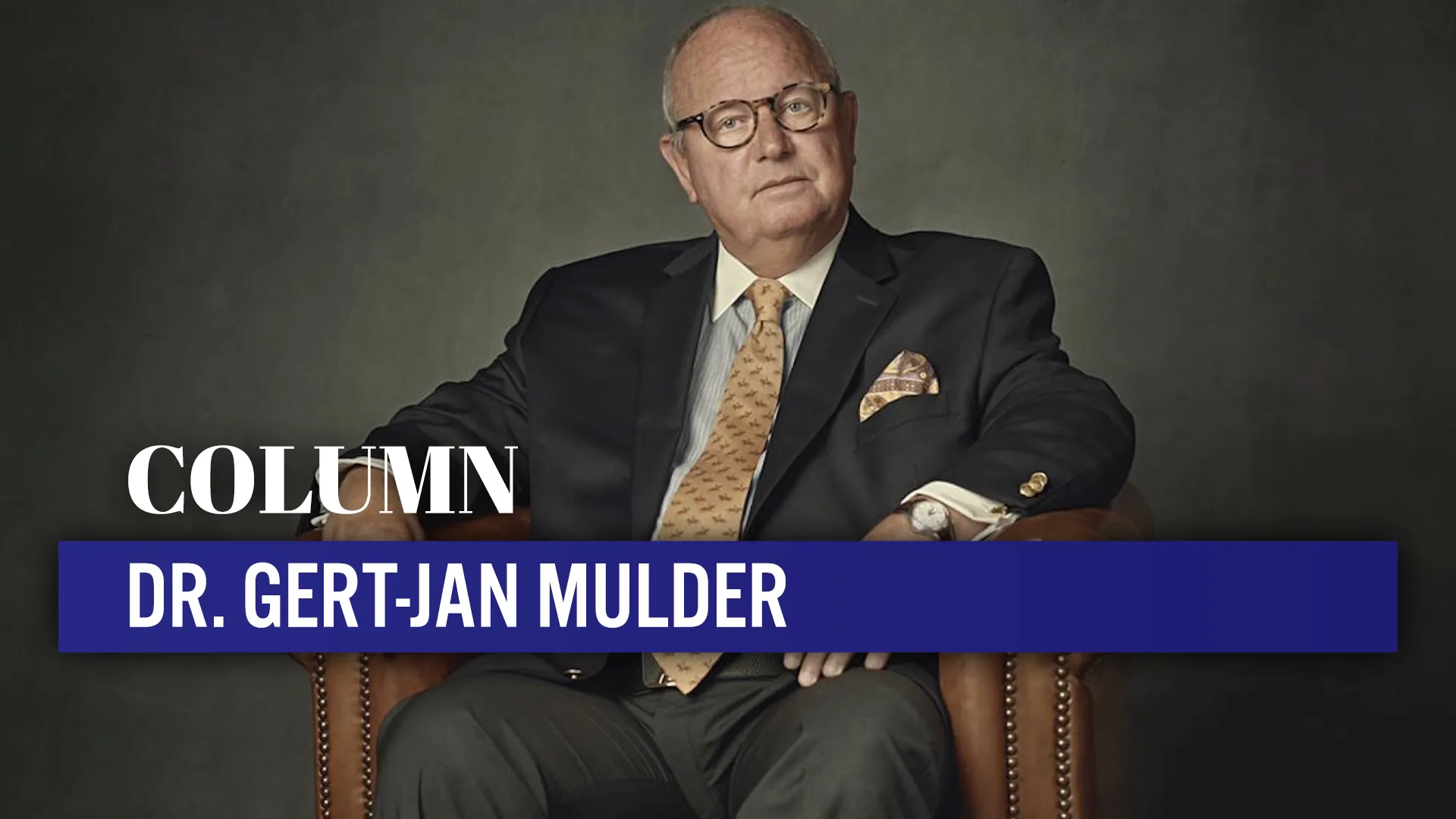Martin Feldstein, de man die al vroeg waarschuwde tegen de euro
"If EMU does come into existence, as now seems increasingly likely, it will change the political character of Europe in ways that could lead to conflicts in Europe and confrontations with the United States. The more fundamental long-term effect of adopting a single currency would be the creation of a political union, a European federal state with responsibility for a Europe-wide foreign and security policy as well as for what are now domestic economic and social policies"
"There is no doubt that the real rationale for EMU is political and not economic. Indeed, the adverse economic effects of a single currency on unemployment and inflation would outweigh any gains from facilitating trade and capital flows among the EMU members."
"The 1992 Maastricht Treaty that created the EMU calls explicitly for the evolution to a future political union. But even without that specific treaty language, the shift to a single currency would be a dramatic and irreversible step toward that goal. There is no sizable country anywhere in the world that does not have its own currency. A national currency is both a symbol of sovereignty and the key to the pursuit of an independent monetary and budget policy. The tentative decision of the 15 European Union (EU) member states (with the exceptions of Denmark and the United Kingdom), embodied in the Maastricht Treaty, to abandon their national currencies for the euro is therefore a decision of fundamental political significance..."
" .For many Europeans, reaching back to Jean Monnet and his contemporaries immediately after World War II, a political union of European nations is conceived of as a way of reducing the risk of another intra-European war among the individual nation-states. But the attempt to manage a monetary union and the subsequent development of a political union are more likely to have the opposite effect. Instead of increasing intra-European harmony and global peace, the shift to EMU and the political integration that would follow it would be more likely to lead to increased conflicts within Europe."
"In the beginning there would be important disagreements among the EMU member countries about the goals and methods of monetary policy. These would be exacerbated whenever the business cycle raised unemployment in a particular country or group of countries. These economic disagreements could contribute to a more general distrust among the European nations. As the political union developed, new conflicts would reflect incompatible expectations about the sharing of power and substantive disagreements over domestic and international policies. Conflicts would also develop between the European political union and non-European nations over issues of foreign policy and international trade. While disagreements among the European countries might weaken any European consensus on foreign affairs, the dominant countries of the EU would be able to determine the foreign and military policies for the European community as a whole."
"Moreover, contrary to the hopes and assumptions of Monnet and other advocates of European integration, the devastating American Civil War shows that a formal political union is no guarantee against an intra-European war. Although it is impossible to know for certain whether these conflicts would lead to war, it is too real a possibility to ignore in weighing the potential effects of EMU and the European political integration that would follow The shift to a single currency would mean that the fall in demand in a country could not be offset, as it could be with an individual national currency, by an automatic decline in the exchange value of the currency (making its exports more competitive) and a decline in its interest rates (increasing domestic interest-sensitive spending by households and businesses) or by using its own monetary policy to shift interest rates and exchange rates. The ECB would have to make monetary policy with a view to the conditions in all of Europe, not just a particular country or region. The result would be a conflict between the country with rising unemployment and the rest of the EU .Since national monetary and fiscal policies would be precluded, the most likely outcome of the shift to a single monetary policy would be the growth of substantial transfers from the EU to countries that experience cyclical increases in unemployment. Financing those transfers would require a significant increase in tax revenues collected by the EU


